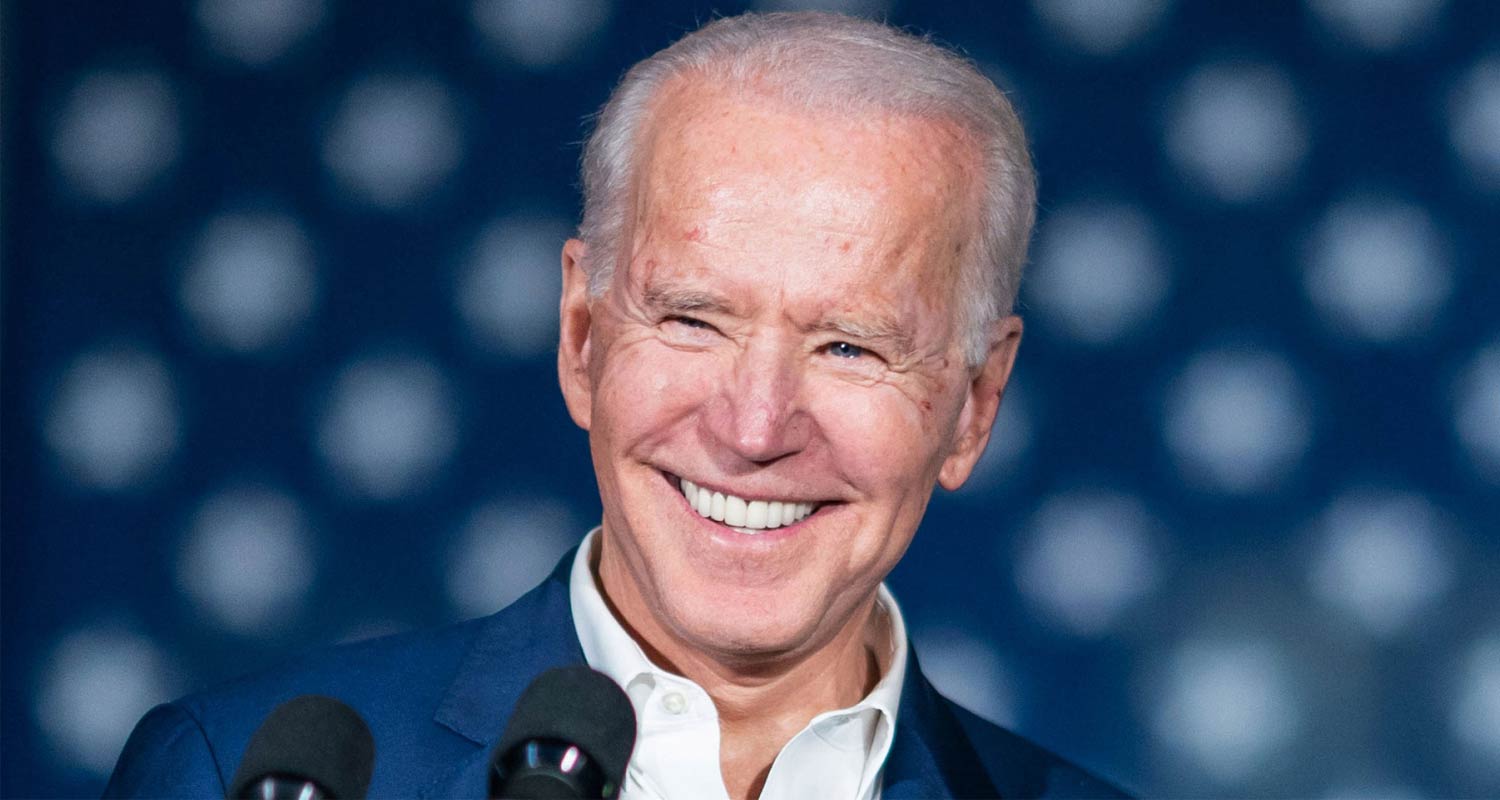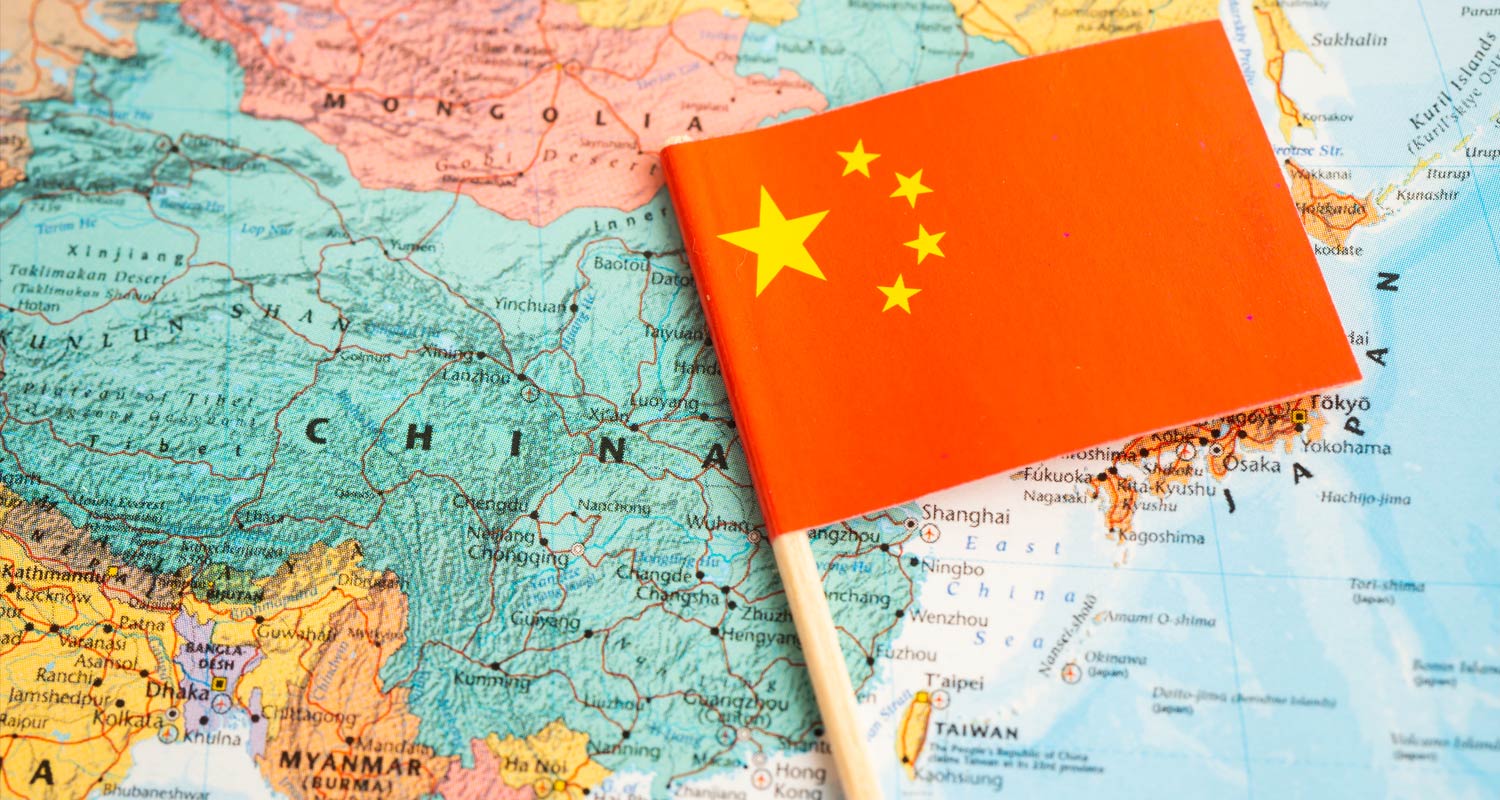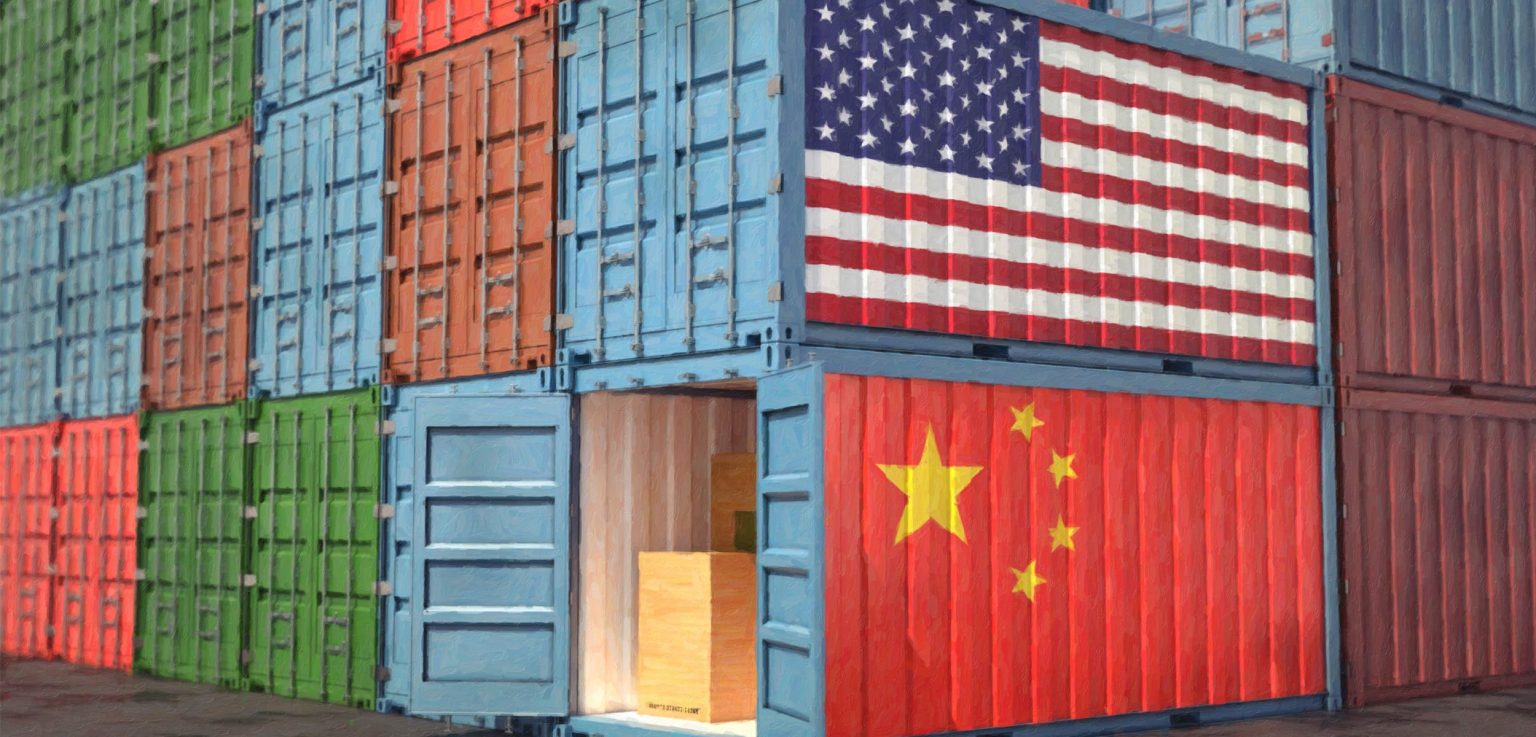The US’s latest move to expand its list of Chinese military companies risks doing more than tanking the shares of some of its most valuable companies: it also threatens to accelerate decoupling of the world’s biggest economies.
The Biden administration on Monday added Tencent Holdings, the world’s largest gaming publisher, and Contemporary Amperex Technology (CATL), a key battery supplier to Tesla, to its list of “Chinese military companies” — firms it says are working directly or indirectly with the People’s Liberation Army, or contributing significantly to China’s industrial base.
Since the first list was put out in 2021, as mandated by a law passed in the waning days of Donald Trump’s first term, it has expanded to 134 companies — including four of China’s top 20 in terms of market capitalisation, which together are valued at almost US$1-trillion.
While the list carries no specific sanctions, unlike the commerce department’s Entity List, it still discourages US firms from dealing with its members and amounts to a reputational hit for the firms involved. More broadly, the rapid expansion of the register shows the extent to which lines are being blurred between military and civilian enterprises, and risks accelerating the bifurcation of supply chains if stronger measures are applied down the road.
It’s an approach that risks backfiring on Washington, according to Kishore Mahbubani, Singapore’s former ambassador to the United Nations, who called the latest addition “unwise”.
“The whole world will move towards relying on Chinese companies for a whole range of products, including companies like Tencent and CATL,” said Mahbubani, who’s also the author of Has China Won?
Decoupling from the world
“If the US tries to decouple from Chinese companies and their global reach, the US is not just decoupling from China,” Mahbubani said. “It is decoupling from the rest of the world, too.”
Although the list comes at the end of Joe Biden’s term, one major proponent of tagging CATL and other major Chinese firms has been Marco Rubio, who is nominated to become the secretary of state in Trump’s second term.
That raises the question of whether Trump will adopt a hardline stance towards China, as indicated by his threats to impose tariffs as high as 60%, or take a more pragmatic view — as suggested by his efforts to overturn a ban on TikTok and his close ties with Tesla founder Elon Musk.
Read: Tax break plan may lure China to build electric cars in South Africa
“We’ll have to see whether this strategy is revised significantly by the incoming Trump administration,” said Josef Gregory Mahoney, a professor of international relations at Shanghai’s East China Normal University. “Conventional wisdom indicates it won’t be, but there are some compelling reasons to change course.”
The US has described the list as a way to highlight and counter what it calls China’s “military-civil fusion strategy” — which supports the modernisation goals of the PLA by ensuring it can acquire advanced technologies and expertise developed by Chinese companies, universities and research programmes that appear to be civilian entities.

This broad strategy, known as “integrated national strategies and capabilities” in China, has been increasingly promoted under President Xi Jinping and frequently highlighted in state media.
The Pentagon on Monday also added SenseTime Group and Changxin Memory Technologies, singling out a Chinese maker of memory chips considered crucial to Beijing’s semiconductor and AI development endeavours. And the agency named oil major Cnooc and Cosco Shipping Holdings, both of which have been previously targeted by Washington.
The focus has shifted from “traditional” military contractors to include companies that develop tech products with potential military applications, according to Dylan Loh, assistant professor of politics at Nanyang Technological University in Singapore.
It shows “the broadening ambit of national security”, Loh said. “This is not just from the US but an arguably global one, where countries are increasingly securitising products, technologies in the name of national security.”
The move comes amid an intensifying tech rivalry between the two countries. The US has imposed export controls to restrict China’s ability to build an advanced semiconductor industry and use artificial intelligence for military purposes. In response, Beijing has tightened its own export controls, including a ban last month on several materials with hi-tech and military uses to the US.
The Biden administration has used the metaphor “small yard, high fence” over the past two years to explain its move to limit China’s access to technology. The concept is that sensitive technologies should be contained within a small yard, secured by a high fence of trade and investment controls. This would apply only to advanced technologies with military applications, while broader commercial trade and investment with China would remain unaffected.
Tencent a private-sector pioneer
But the latest move targets Tencent and CATL, which, on paper, don’t appear to have regular business dealings with the PLA. Tencent, China’s most valuable company, is seen as a pioneer in China’s internet and private sector, creating a so-called everything app that Elon Musk has held up as a model for X.
During the first Trump administration, the US government sought to ban WeChat — Tencent’s messaging service that has evolved into a payment, social media and online services platform — citing national security concerns.
CATL is not only a major supplier to Tesla, but also to many of the world’s biggest car makers, including Stellantis and Volkswagen. In August, Rubio asked the Pentagon to target the Chinese battery maker because of its potential to become a crucial supplier to the PLA.
Read: Prosus nosedives on news Tencent added to US military blacklist
Around one in three electric cars are powered by CATL batteries, and its widespread presence in the motoring supply chain could cause major disruptions to the global car industry if car makers are forced to find alternatives.
Beijing has repeatedly criticised what it sees as the over-securitisation of the US. “Small yard, high fence shouldn’t become large yard, iron curtains,” foreign minister Wang Yi told US state secretary Antony Blinken in September.
 On Tuesday, China’s foreign ministry again condemned US sanctions and vowed to defend its companies’ rights. “We urge the US to immediately correct its wrongdoings and end the illegal unilateral sanctions and long-arm jurisdiction on Chinese companies,” Guo Jiakun, a ministry spokesman, said at a regular press briefing in Beijing.
On Tuesday, China’s foreign ministry again condemned US sanctions and vowed to defend its companies’ rights. “We urge the US to immediately correct its wrongdoings and end the illegal unilateral sanctions and long-arm jurisdiction on Chinese companies,” Guo Jiakun, a ministry spokesman, said at a regular press briefing in Beijing.
China has made it clear it’s prepared to challenge the US in any future trade disputes. On top of its export ban on critical minerals including germanium and gallium, Beijing last week announced plans for stricter controls on shipments of technology used in battery materials. It’s also placing more American companies on its Unreliable Entity List, taking a similar approach to the US.
“Given Beijing’s propensity to respond to US actions with tit-for-tat moves, it wouldn’t be out of the question for Beijing to place a non-defence-related company on one of these lists in symbolic retaliation,” said Kendra Schaefer, a partner at consultancy Trivium China. — (c) 2025 Bloomberg LP
Get breaking news from TechCentral on WhatsApp. Sign up here


